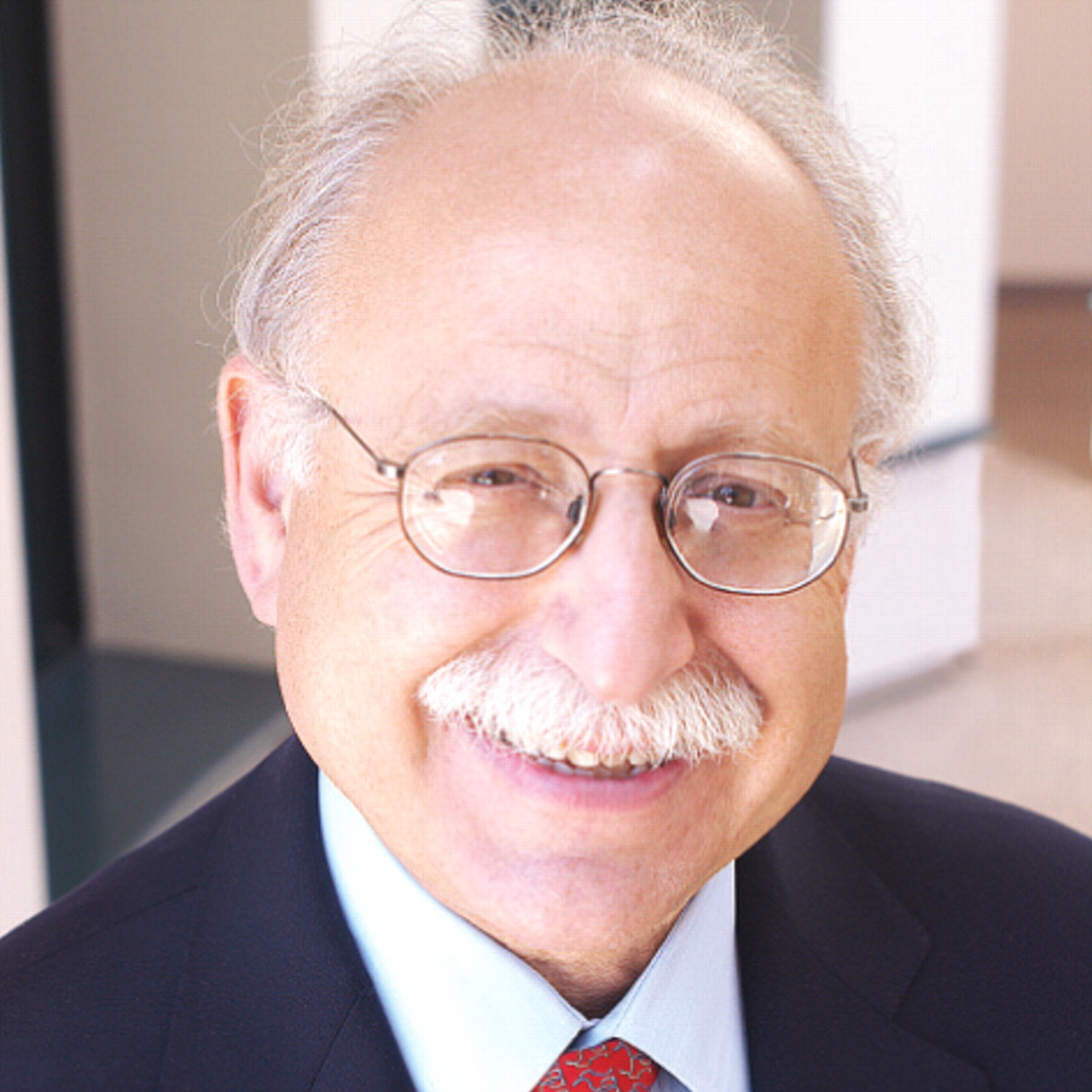As APA Is at Major Crossroads, Your Vote Carries Special Weight

It is that time of year for APA again—namely, time for its election of national officers and trustees and Area trustees. All of you remember your high school civics classes that emphasized why the right to vote was a luxurious privilege that much of the world does not have and the reasons you should exercise that right. Indeed, we are blessed to be living in a great democracy whose foundation is a one person/one vote electoral system.
Similarly, APA has maintained an annual election so that its members can decide its leadership. As with our own country, not only should all of us be glad we have this right and opportunity, but also we should fulfill the obligation. Our voter turnouts dropped annually for several years until the election two years ago, where we had a 10 percent increase in turnout; I was fortunate to have received your support for president-elect.
APA and psychiatry are at a crucial crossroads. As a profession, we are beginning to witness a tremendous shift in neuroscience research that will, over the next few years, begin to have dramatic effects on treatment and prevention. APA needs to be able to harness that energy and provide all of our members with the tools to understand and interpret these data, and we are attempting to do just that with having more of the annual meeting planned by the Scientific Program Committee. Our meeting next May in New Orleans will be an exciting one.
At the same time that we are emerging as a brain discipline, we are still the targets of attack from the antipsychiatry movement. As I have indicated many times, we need to instill greater pride in our work and self-image to ward off these affronts. Your vote in the election can have a lot to say about what APA does and how it does it over the next several years in these areas.
As an organization, APA is facing a number of challenges. First, the economic turndown has hit us as it has others. One major consequence has been a marked downturn in our advertising revenues that has resulted in our having to cut budgets at several levels. The loss in revenue has led to increased awareness about what our dues are paying for, including the size of our governance. In the past few years, we have begun to reduce our governance costs drastically, and there will be a need for further cuts. What will be cut will largely be determined by your Board of Trustees, and you have a major say as to who sits on that Board.
A second issue has to do with the structure of the overall organization—the relationship among our various components, including our affiliated organizations (American Psychiatric Publishing Inc., American Psychiatric Institute for Research and Education, and the American Psychiatric Foundation). The Board is currently looking at consolidating our 501(c)(3) foundations into one, and Dr. Carol Bernstein, our president-elect, is leading a task force on other aspects of reorganization to improve effectiveness and efficiency.
A third issue we are dealing with is how best to interact with the pharmaceutical industry. A work group led by Dr. Sid Weissman is looking at fresh ways of interacting with pharma in the best tradition of transparency and respectful mutual independence. The issue of psychiatry's relationship with industry will no doubt continue to come up over the next years.
These are only some of the key challenges that we are facing as an organization and that your electees will have to deal with in the next few years.
The Nominating Committee, led by Dr. Nada Stotland, worked hard to develop a diverse slate of superb candidates for you to consider, and the Elections Committee, led by Dr. Kathy Mogul, is overseeing the campaigning process. We are in debt to them for their diligent efforts. The slate is made up of individuals with excellent qualifications for APA office. They represent different backgrounds in psychiatry and diverse APA and district branch experiences. As such, they do present real alternatives for you, and they offer opportunities for all of us to determine the shape of APA for years to come. I appreciate the willingness of all of them to serve as candidates.
I urge you to take the time to read the candidates' statements in this issue of Psychiatric News and to cast your vote. A large voter turnout will help all of us maintain APA's admirable tradition of being a strong, representative democracy. It truly does matter for whom you vote.
If you have any comments about the APA election or issues in which your Association is active, please write me at aschatzberg@psych.



